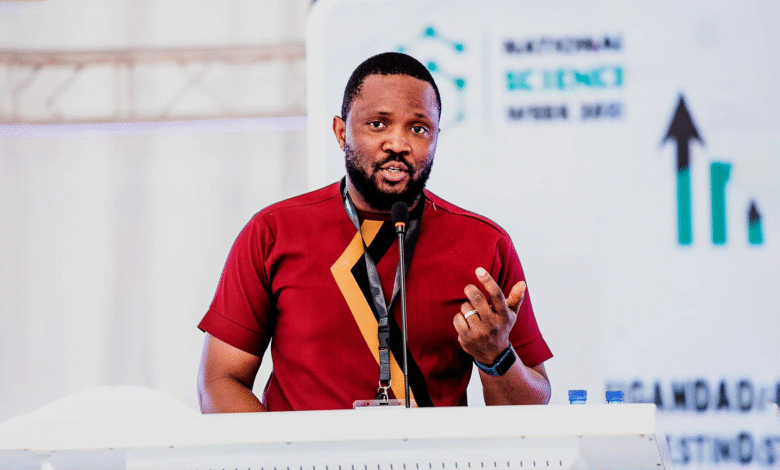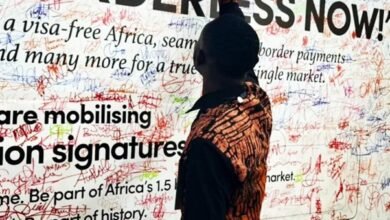
While much of Africa’s population is still getting familiar with emerging technologies, the continent’s rising middle class has proven quick to adopt and integrate them into everyday life.
For years, Africa has been an eager consumer of new technologies. But when it comes to creating core innovations—those with globally competitive intellectual property (IP)—Africa continues to lag.
This gap is not a result of limited talent. Some of the world’s most impactful technologies have benefited from African talent in the diaspora. The real challenge lies in infrastructure—insufficient computing power, research funding, advanced labs, and overall ecosystem support make it difficult for innovators on the continent to develop foundational technologies at scale.

Source: StartupList Africa
To better understand Africa’s current position in the artificial intelligence (AI) landscape, StartupList Africa analysed data specifically focused on companies building core AI technologies, not just those applying AI through APIs or third-party platforms (We excluded companies that only use APIs calling with no other core tech).
For this analysis, we define “AI companies” as those creating proprietary AI models, algorithms, or frameworks—essentially, companies with core AI IP.
The analysis excluded companies that apply AI through third-party integrations or APIs, as these do not significantly advance the continent’s competitiveness in frontier tech
This filtered view is essential, especially considering that global spending on AI R&D now runs into trillions of dollars. The goal is to assess whether Africa is not just participating in the AI wave, but building it.
Key Findings: Where Africa Stands
- Only 120 core AI startups have raised external funding across the continent.
- As of June 2025, these companies had raised a total of $513.1 million.

Source: StartupList Africa
By country:
- Kenya leads in total capital raised: $142.7M across 17 startups.
- Tunisia follows closely: $124.7M across 9 startups.
- South Africa ranks third: $120.8M across 24 startups.
In terms of the number of companies, Egypt leads with 36 AI startups.
Nigeria, surprisingly, does not top the chart—a reflection of the persistent infrastructure bottlenecks despite its large market

Source: Startuplist Africa
Where Are AI Startups Focusing?
Sector breakdown (by % of companies):
- Fintech remains the dominant sector, accounting for 20.9% of core AI startups, led by Nigeria.
- Talent Tech follows at 19.9%, also with Nigeria as the leading market.
- Healthcare, agriculture, and climate tech trail at the bottom—but show the highest potential for long-term innovation and impact.

source: StartupList Africa
A few standout companies are drawing significant investor interest. For example, Instadeep, before its acquisition, raised more than any other African AI startup to date.

Source: StartupList Africa
Also worth noting: as with the blockchain trend, some companies have recently rebranded or pivoted into the AI space. This doesn’t always reflect genuine IP creation, but is a pattern investors and ecosystem builders should watch closely.
The Global Picture
In 2024 alone:
- Global private and venture investment in AI R&D reached $100–130 billion
- AI attracted 30% of all global VC funding
- In Q4, 60% of VC dollars (by value) went to AI-related companies, according to PitchBook
With the US and China leading in both public and private R&D spending, the gap between Africa and the rest of the world is growing rapidly.
Africa risks being left behind—again. During the blockchain wave, the continent largely remained a consumer rather than a contributor. The same pattern is emerging in AI.
But it doesn’t have to be this way. Governments, research institutions, and investors must take seriously the need to fund core IP development, build regional compute infrastructure, and create enabling policies for AI R&D.
Africa has the talent. What it needs now is the infrastructure and long-term commitment to build, not just use, the next wave of global technologies.
StartupList Africa Just turned 5 years old and we have a BIG DISCOUNT TO CELEBRATE.
visit: www.startuplist.africa
*Sidi Saccoh is entrepreneur, speaker, and tech ecosystem expert, also serving as an executive mentor and strategy consultant.






